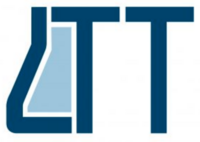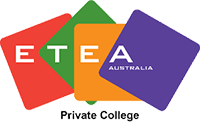
This role has a low level of AI exposure. Core skills such as adaptability, social intelligence, and complex physical tasks remain beyond the capabilities of current AI.
Explore all careersA Blood Collector draws blood for tests or donation, ensuring safety, accuracy, and patient comfort in clinical settings.
Get qualified to work as a Blood Collector with a course recognised across Australia. Speak to a training provider to learn more.













Browse occupations related to Blood Collector



Considering a career as a Blood Collector? Melbourne offers plenty of opportunities with various Blood Collector courses in Melbourne. These courses are tailored to equip you with the essential skills needed for this vital role within the healthcare sector. As a Blood Collector, you play a crucial part in patient care, performing blood collections that are fundamental for diagnostics and treatment. There are beginner-friendly options available for those with no prior experience, ensuring you can start your journey in this rewarding field.
One of the most popular options is the Certificate III in Pathology Collection HLT37215. This course provides comprehensive training in blood collection techniques, lab safety, and patient communication. Alternatively, you may consider Perform Venous Blood Collections HLTPAT002, focusing specifically on the practical skills needed for drawing blood effectively. For those seeking a more compact option, the Venous Blood Collection Skill Set HLTSS00059 offers targeted training to get you started swiftly.
Upon completing one of the Blood Collector courses in Melbourne, you will find a variety of related job roles to explore. Some of the exciting career paths include working as a Medical Laboratory Technician, or a Pathology Assistant. If you want to focus specifically on blood collection, a position as a Pathology Collector or Phlebotomist could be ideal. Each of these roles contributes significantly to patient diagnosis and treatment, making them essential within the healthcare ecosystem.
The study of Blood Collection is part of a broader spectrum of healthcare courses, allowing you to tailor your career to your interests. If you’re keen on subjects like Pathology, there are numerous courses available that delve deeper into the science and techniques behind diagnostic testing. This could complement your skills as a Blood Collector, providing a more rounded approach to patient care.
By choosing to study Blood Collector courses in Melbourne, you're setting yourself up for a fulfilling career in a growing healthcare field. The ability to perform phlebotomy procedures is not only in demand but also offers numerous pathways into specialized areas such as Clinical Research Coordinator, Medical Laboratory Scientist, or even higher-level roles like Medical Scientist and Pathologist. Explore these courses today and take the first step towards an enriching career in healthcare.